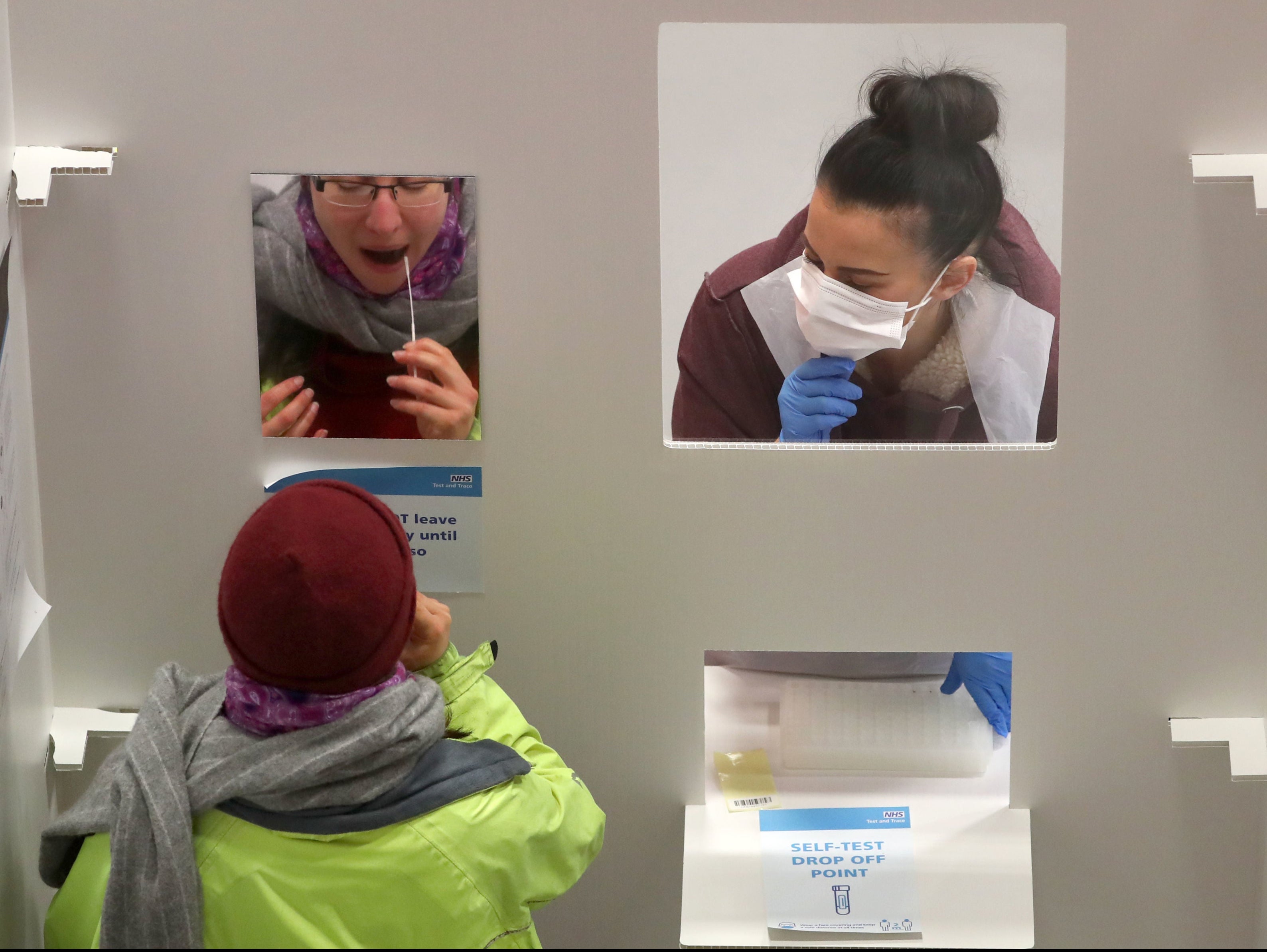Your support helps us to tell the story
From reproductive rights to climate change to Big Tech, The Independent is on the ground when the story is developing. Whether it's investigating the financials of Elon Musk's pro-Trump PAC or producing our latest documentary, 'The A Word', which shines a light on the American women fighting for reproductive rights, we know how important it is to parse out the facts from the messaging.
At such a critical moment in US history, we need reporters on the ground. Your donation allows us to keep sending journalists to speak to both sides of the story.
The Independent is trusted by Americans across the entire political spectrum. And unlike many other quality news outlets, we choose not to lock Americans out of our reporting and analysis with paywalls. We believe quality journalism should be available to everyone, paid for by those who can afford it.
Your support makes all the difference.The student year for universities across the UK is due to start around mid-September, and students will spend the next couple of weeks preparing to begin or resume their higher education.
After a year and a half of remote learning, self-isolating in student accommodation, and general uncertainty about the future, university students can look forward to a more normal academic year this year as most coronavirus restrictions have lifted.
The UK government has removed requirements for social distancing and face coverings in higher education settings and in-person teaching is allowed without any other restrictions.
However, the risk of catching Covid-19 still persists and experts believe infection rates will rise as schools, colleges and universities reopen this month after the summer holidays.
Here’s everything you need to know about what to do if you catch Covid while at university:
How often should I take a Covid test?
Once you arrive at university, students are encouraged to take two lateral flow tests between three to four days apart to “reduce the risk of transmission following the movement of students across the country”.
After that, universities have been told to continue asking students to test twice-weekly, whether at home or at on-site facilities, and to report their results to NHS Test and Trace whether positive, negative or void.
What happens if I test positive?
If you have tested positive for Covid-19 via a polymerase chain reaction (PCR) test within the last 90 days, you do not have to take another test if you show no symptoms of the virus. If you are fully vaccinated, below the age of 18, or unable to get vaccinated for medical reasons, you will not have to self-isolate.
However, if you test positive after taking a lateral flow test, you will have to follow national guidelines for people who received a positive Covid test result.
The guidelines state that you should you should stay at home and self-isolate even if you do not have symptoms. You should arrange for a PCR test and stay at home until the test kit or your test site appointment arrives, and while waiting for the result.
You can only leave home for specific reasons, such as to go to a test site. You are strongly urged not to go to work, school or public areas, and not to use public transport or taxis.
If you are notified by NHS Test and Trace of a positive result, you must complete your full 10-day isolation period.
What are the rules for self-isolation?
According to government guidance, your self-isolation period starts on the day your test was taken, if you are asymptomatic, or the day your symptoms began.
If you receive a request via text, email or phone to log into the NHS Test and Trace service website, you should do so to provide information about your symptoms and close contacts. The system can then identify anyone who has been in contact with you while you were infectious.
Other members of your household will also be required to self-isolate if you test positive for Covid-19, unless they are fully vaccinated. If they are fully vaccinated, they will not be required to self-isolate but will be advised to have a PCR test as soon as possible.
You can return to classes and your normal routine after 10 days if your symptoms are gone and you don’t develop any other symptoms.
Is there a fine if I don’t self-isolate?
Possibly. Failure to comply with self-isolation may result in a fine starting from £1,000, says government guidance.
Do I have to take another test after isolating?
If you have just finished self-isolating after receiving a positive result from a PCR test, you should not take another PCR test for 90 days as it is possible for PCR tests to remain positive for some time after infection.
You can continue carrying out twice-weekly lateral flow tests following your isolation period. If you test positive from a lateral flow test within 90 days of a previous positive PCR test, you and your household should self-isolate again.

Join our commenting forum
Join thought-provoking conversations, follow other Independent readers and see their replies
Comments